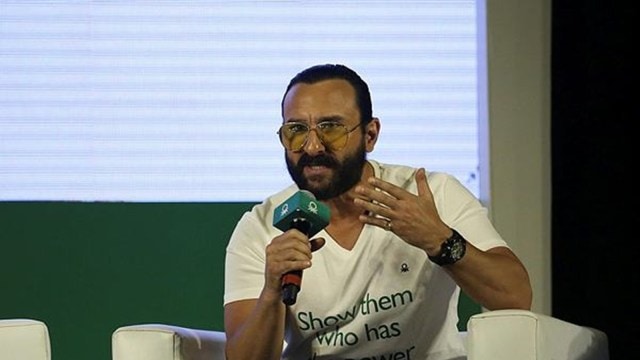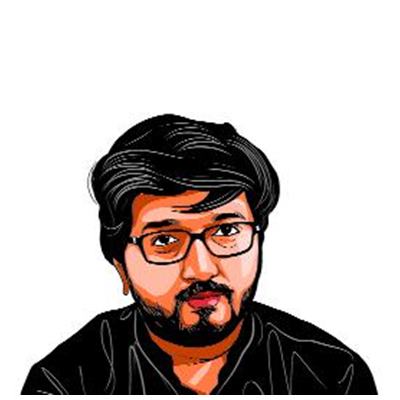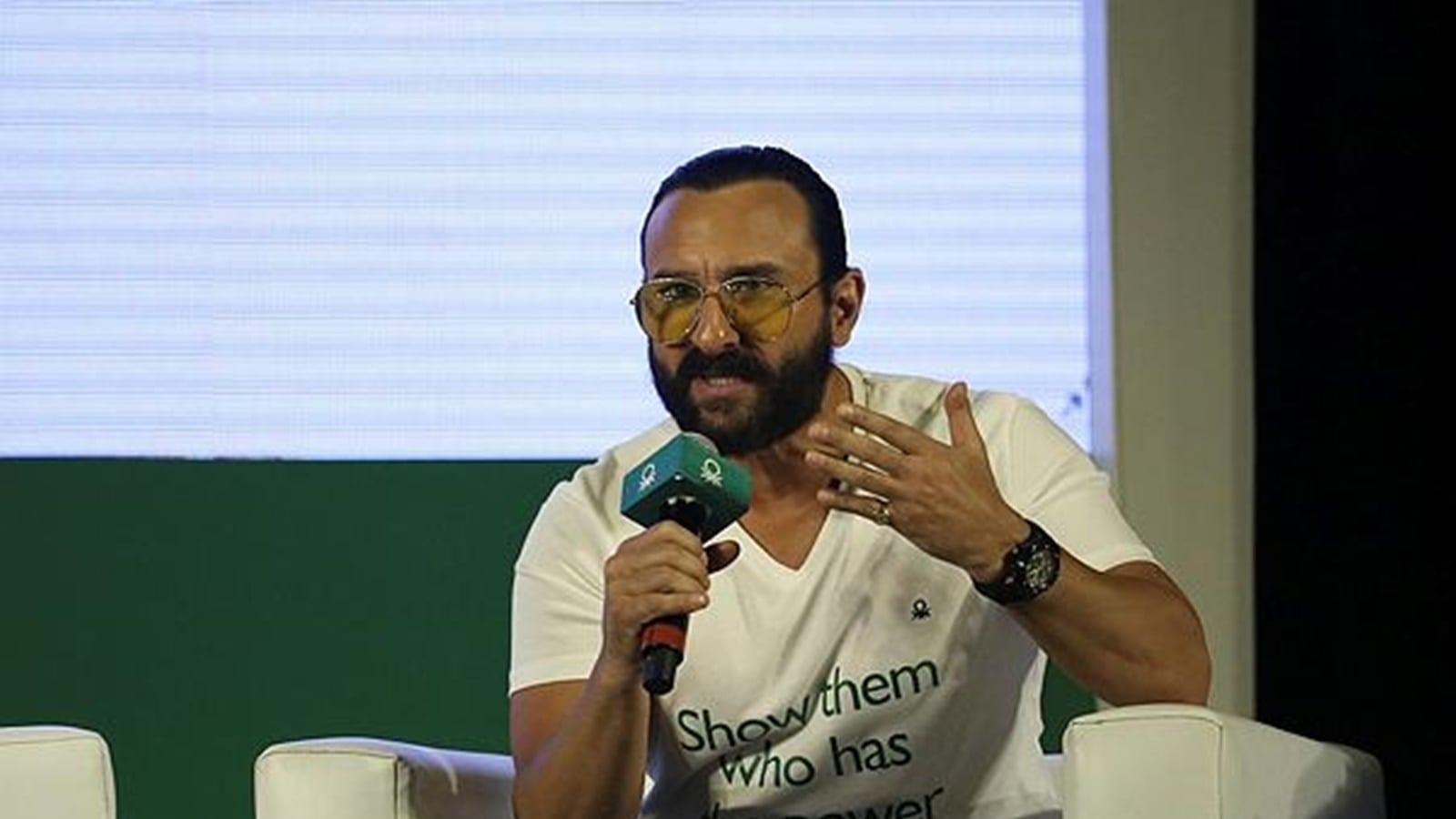

Jan 17, 2025 22:20 IST First published on: Jan 17, 2025 at 20:25 IST
In 2017, at The Indian Express adda, Saif Ali Khan drew on the history of Hindi cinema as a framework for understanding the inequalities, depredations, oppressions and contradictions of India, in all their complexity: “Earlier the villain was the feudal system, then money, followed by parents and later, yourself… There are two Indias in schizophrenic growth at the moment. One has energy and intelligence while the other is the same old villains weighing us down.”
In light of the brutal attack on Khan at his home in Bandra West — a place that straddles both aspiration and achievement in its posh lanes — at least two of the “same old villains” have reared their ugly heads.
The first is the proximity to violence that every Indian — and so many others around the world — are both used to and shocked by. The veneer of safety, security and that ineffable sense that tomorrow will be much the same as today, that life has a broadly predictable trajectory can be shattered in an instant. While the motives, modus operandi and even the culprit(s) in Khan’s stabbing are still far from certain, the violation of his home and person has a broader resonance precisely because it reminds each of us, high and low, of exactly how vulnerable we are.
It is perhaps this realisation that prompts reactions that are unthinking, insecure and seem to be looking not for answers but scapegoats. Those who give in to such an impulse, perhaps understandably, fail to realise in the moment of their anguish that a crime is sensational, “big news”, precisely because it is an aberration. As the cliché goes, “dog bites man” isn’t news — “man bites dog” is. It is in this aspect of the aftermath of the crime in Bandra that the second of the “same old villains” has reared its head.
Raveena Tandon, who has worked with Khan, expressed shock at the attack. Unfortunately, she went on to assign blame to the “hawker mafia”, “encroachers” and “land grabbers”. She also complained that Bandra is “losing out to unruly elements”. Tandon may not have realised that in the fraught and competitive socio-political landscape of Mumbai, these terms are not innocent. They have consistently been used to demonise “outsiders” — people who come from outside Maharashtra and/or belong to particular linguistic and religious communities.
The expressions of anger by Tandon and others who have worked with and know Saif Ali Khan well are still understandable. Many, if not most people look for someone to blame in the aftermath of a tragedy, and sensitivity to broader concerns sometimes takes a back seat at such moments. In the age of social media, a private fulmination is often performed on a public platform (in this case, X), which is perhaps why it garnered so much attention.
The “concern” after the attack, though, isn’t limited to those who know Khan. The political class, predictably, has begun a blame game and slugfest, each side blaming the other and portraying Mumbai as a city where crime is so rampant that the streets are unsafe. This lack of imagination in the face of a public misfortune is, unfortunately, a reason that moral leadership is so rare from the powers that be.
most read
The greatest of the “villains”, though, might just be the privileged Indian who has taken so keenly to the rhetoric of “safety” in the aftermath of a tragedy. Over the last couple of days — in white-collar offices and the WhatsApp groups of gated colonies from Gurgaon to Whitefield, Bandra to Ballygunge — the speculation about the crime is accompanied by barely-disguised prejudice. The concern over safety — “if this can happen to an A-list celeb in Bandra, what about us?” — is of the same order as CCTV cameras to monitor the people who work in our homes, the separate “service lifts”, the registers at the gate that record the details of the delivery “boy” but not the visitor in a luxury car. That the assailant was allegedly — in fact, the details of the case are, at this point, practically rumours — let in by domestic help at the Khan-Kapoor home seems to be the major cause of these paroxysms.
Instead, even as we express concern for Saif and his family, it is important to look at how a majority of those who work in the household acted. They reportedly cared for the children. Such a task is one only the most trusted — and the most decent — people undertake. They are not a security threat, by and large, even if there are — as with any group of people — some who commit crimes. In fact, they are the heroes of the story. They are a microcosm of the broader scheme of things in an unequal society that lives in many centuries at once — each in “schizophrenic growth” — the people who subsidise our lives with their labour, who are “hawkers” and are called “encroachers” because formal housing is unaffordable in a skewed unequal society.
As we search for the villain in the Saif Ali Khan attack, let’s also celebrate the heroes.
aakash.joshi@expressindia.com
Discover the Benefits of Our Subscription!
Stay informed with access to our award-winning journalism.
Avoid misinformation with trusted, accurate reporting.
Make smarter decisions with insights that matter.
Choose your subscription package



